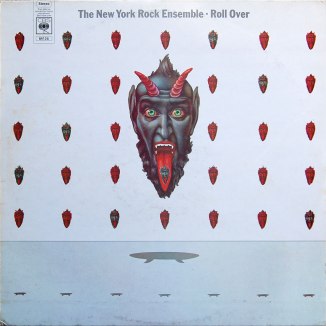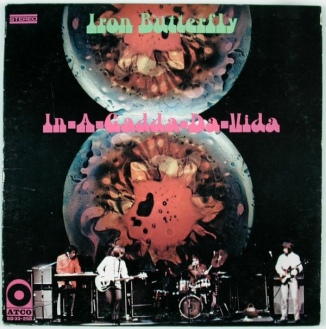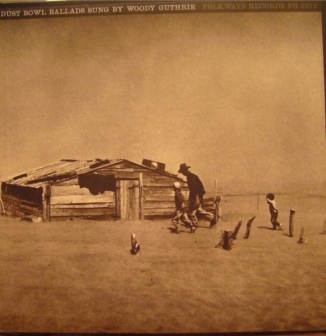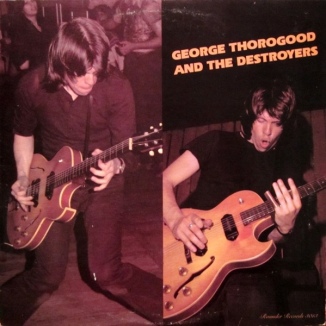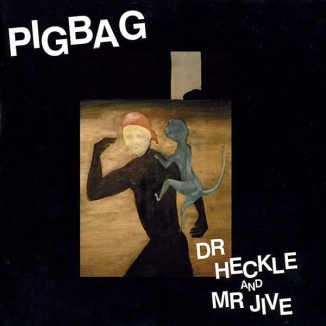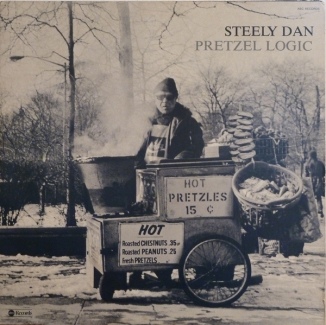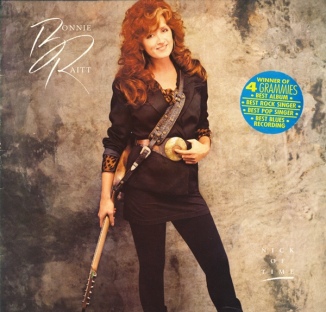Steel Pulse are a roots reggae musical band, from the Handsworth area of Birmingham, England, which has a large number of Afro-Caribbean, Indian and other Asian migrants. They originally formed at Handsworth Wood Boys School, composed of David Hinds(lead vocals, guitar), Basil Gabbidon (lead guitar, vocals), and Ronald McQueen (bass). Steel Pulse were the first non-Jamaican act to win the Grammy Award for Best Reggae Album.
True Democracy is a roots reggae album released by Steel Pulse in May 1982. The album was recorded over 25 days in Denmark, with legendary reggae producer Karl Pitterson.
While True Democracy does see Steel Pulse return somewhat to their political roots of Handsworth Revolution and Tribute to the Martyrs, it is also more light-hearted in the vein of Reggae Fever (Caught You).
Tracklist
| A1 | Chant A Psalm | 4:20 |
| A2 | Ravers | 3:40 |
| A3 | Find It…Quick! | 3:20 |
| A4 | A Who Responsible? | 3:40 |
| A5 | Rally Round | 4:25 |
| B1 | Leggo Beast | 3:30 |
| B2 | Blues Dance Raid | 4:45 |
| B3 | Your House | 3:40 |
| B4 | Man No Sober | 4:30 |
| B5 | Dub Marcus Say | 4:25 |
Credits
- Producer – Karl Pitterson


